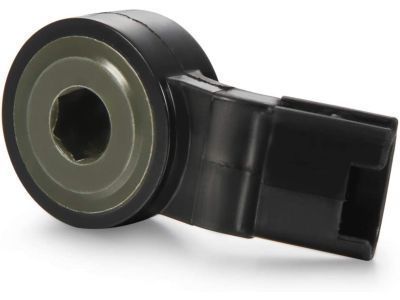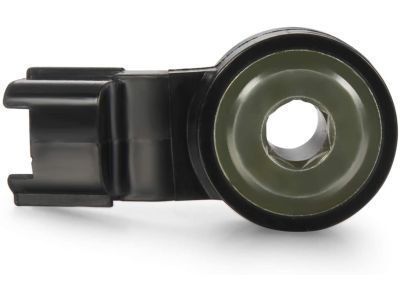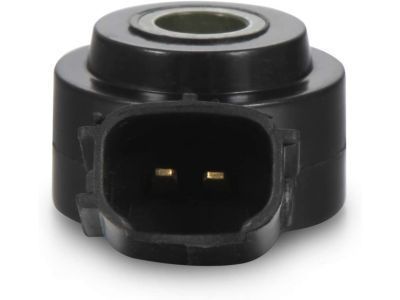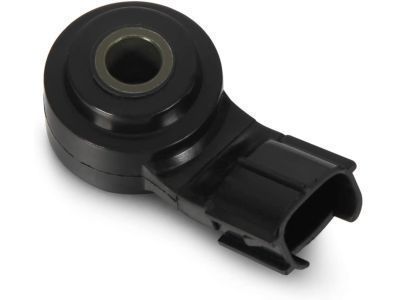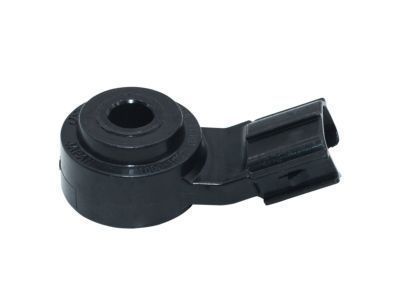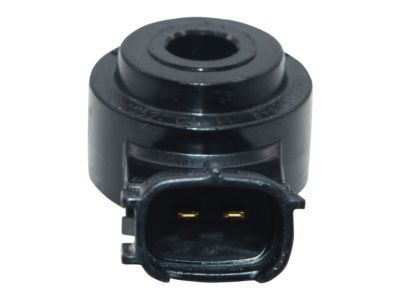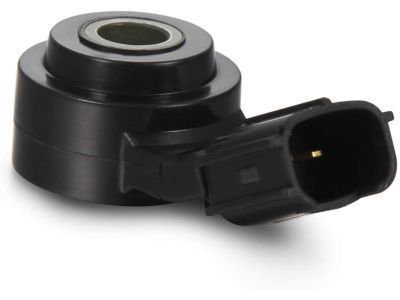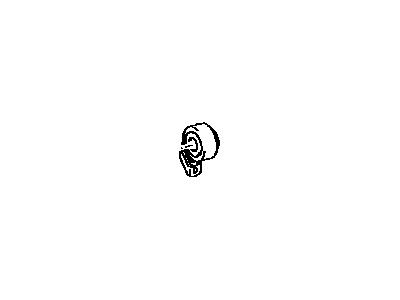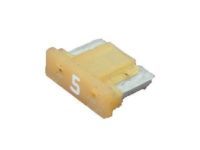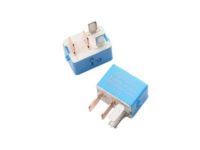| 2016 Scion iM | N|4 Cyl 1.8L | 2ZRFAE; ZRE186L-AHFNPA, ZRE186L-AHFNPK, ZRE186L-AHXNPA, ZRE186L-AHXNPK |
| 2012-2015 Scion iQ | 4 Cyl 1.3L | 1NRFE; NGJ10L-BGXNGA |
| 2005-2016 Scion tC | G|4 Cyl 2.4L, 4 Cyl 2.5L | 2ARFE, 2AZFE; AGT20L-ALFGKA, AGT20L-ALFGKK, AGT20L-ALTGKA, AGT20L-ALTGKK, ANT10L-ALMGKA, ANT10L-ALPGKA |
| 2005-2006 Scion xA | 4 Cyl 1.5L | 1NZFE; NCP61L-HHMNKA, NCP61L-HHPNKA |
| 2008-2015, 2005-2006 Scion xB | 4 Cyl 1.5L, 4 Cyl 2.4L | 1NZFE; NCP31L-DHMNKA, 2AZFE; AZE151L-FHMNKA, AZE151L-FHMNKK, AZE151L-FHPNKA, AZE151L-FHPNKK, NCP31L-DHPNKA |
| 2008-2014 Scion xD | 4 Cyl 1.8L | 2ZRFE; ZSP110L-AHMRKA, ZSP110L-AHMRKK, ZSP110L-AHPRKA, ZSP110L-AHPRKK |
| 2003-2024 Toyota 4Runner | Limited, SR5|4 Cyl 2.7L, 6 Cyl 4.0L, 8 Cyl 4.7L | 1GRFE, 2TRFE, 2UZFE; GRN210L-GKAGKA, GRN210L-GKAZKA, GRN210L-GKPGKA, GRN210L-GKPZKA, GRN215L-GKAGKA, GRN215L-GKAZKA, GRN215L-GKPGKA, GRN215L-GKPZKA, GRN280L-GKAGKA, GRN285L-GKAGKA, TRN280L-GKPGKA, TRN285L-GKPGKA, UZN210L-GKAGKA, UZN210L-GKAZKA, UZN215L-GKAGKA, UZN215L-GKAZKA |
| 2005-2022 Toyota Avalon | Limited, Touring, XL, XLE, XLE Premium, XLE Touring Or Touring, XLS, XSE|4 Cyl 2.5L, 6 Cyl 3.5L | 2ARFXE, 2GRFE, 2GRFKS, A25AFKS, A25AFXS; AVX40L-AEXGBA, AVX40L-AEXPBA, AXXA55L-AEZGBA, AXXA55L-AEZPBA, AXXH50L-AEXGBA, AXXH50L-AEXPBA, AXXH50L-AEXQBA, AXXH51L-AEXGBA, AXXH51L-AEXPBA, AXXH51L-AEXQBA, GSX30L-AEAGKA, GSX30L-AEANKA, GSX30L-AEAPKA, GSX30L-AETGKA, GSX30L-AETNKA, GSX30L-AETPKA, GSX40L-AETGKA, GSX40L-AETPKA, GSX40L-AETQKA, GSX50L-AEZGBA, GSX50L-AEZPBA, GSX50L-AEZQBA, GSX50L-AEZSBA |
| 2017-2022 Toyota C-HR | 4 Cyl 2.0L | 3ZRFAE; ZGX10L-AHXDPA, ZGX10L-AHXEPA, ZGX10L-AHXGPA, ZGX10L-AHXNPA, ZGX10L-BHXNPA |
| 2002-2024 Toyota Camry | LE, N, No Grade, SE, XLE, XSE|4 Cyl 2.4L, 4 Cyl 2.5L, 6 Cyl 3.0L, 6 Cyl 3.3L, 6 Cyl 3.5L | 1MZFE, 2ARFE, 2ARFXE, 2AZFE, 2AZFXE, 2GRFE, 2GRFKS, 3MZFE, A25AFKS, A25AFXS; ACV30L-AEAGKA, ACV30L-AEANKA, ACV30L-AEASKA, ACV30L-AEMNKA, ACV30L-AEMSKA, ACV30L-AEPGKA, ACV30L-AEPNKA, ACV30L-AEPSKA, ACV30L-CEAGKA, ACV30L-CEANKA, ACV30L-CEASKA, ACV30L-CEPGKA, ACV30L-CEPNKA, ACV30L-CEPSKA, ACV40L-AEAGKA, ACV40L-AEANKA, ACV40L-AEMNKA, ACV40L-CEAGKA, ACV40L-CEANKA, ACV40L-CEASKA, ACV40L-CEMNKA, ACV40L-CEMSKA, AHV40L-AEXGBA, AHV40L-CEXGBA, ASV40L-AETGKA, ASV40L-AETNKA, ASV40L-CEFNKA, ASV40L-CEFSKA, ASV40L-CETGKA, ASV40L-CETNKA, ASV40L-CETSKA, ASV50L-CETEKA, ASV50L-CETGKA, ASV50L-CETNKA, ASV50L-CETPKA, ASV50L-CETSKA, AVV50L-CEXGBA, AVV50L-CEXNBA, AVV50L-CEXSBA, AXVA70L-AEZNBA, AXVA70L-AEZSBA, AXVA70L-CEZEBA, AXVA70L-CEZGBA, AXVA70L-CEZNBA, AXVA70L-CEZPBA, AXVA70L-CEZSBA, AXVA75L-CEZGBA, AXVA75L-CEZNBA, AXVA75L-CEZPBA, AXVA75L-CEZSBA, AXVH70L-CEXGBA, AXVH70L-CEXNBA, AXVH70L-CEXPBA, AXVH70L-CEXSBA, AXVH71L-CEXGBA, AXVH71L-CEXSBA, GSV40L-AETGKA, GSV40L-AETNKA, GSV40L-CETGKA, GSV40L-CETNKA, GSV40L-CETSKA, GSV50L-CETGKA, GSV50L-CETSKA, GSV70L-CEZGBA, GSV70L-CEZPBA, MCV30L-AEAGKA, MCV30L-AEANKA, MCV30L-AEASKA, MCV30L-AEPGKA, MCV30L-AEPNKA, MCV30L-AEPSKA, MCV30L-CEAGKA, MCV30L-CEANKA, MCV30L-CEASKA, MCV30L-CEPGKA, MCV30L-CEPNKA, MCV30L-CEPSKA, MCV31L-AEASKA, MCV31L-CEASKA |


